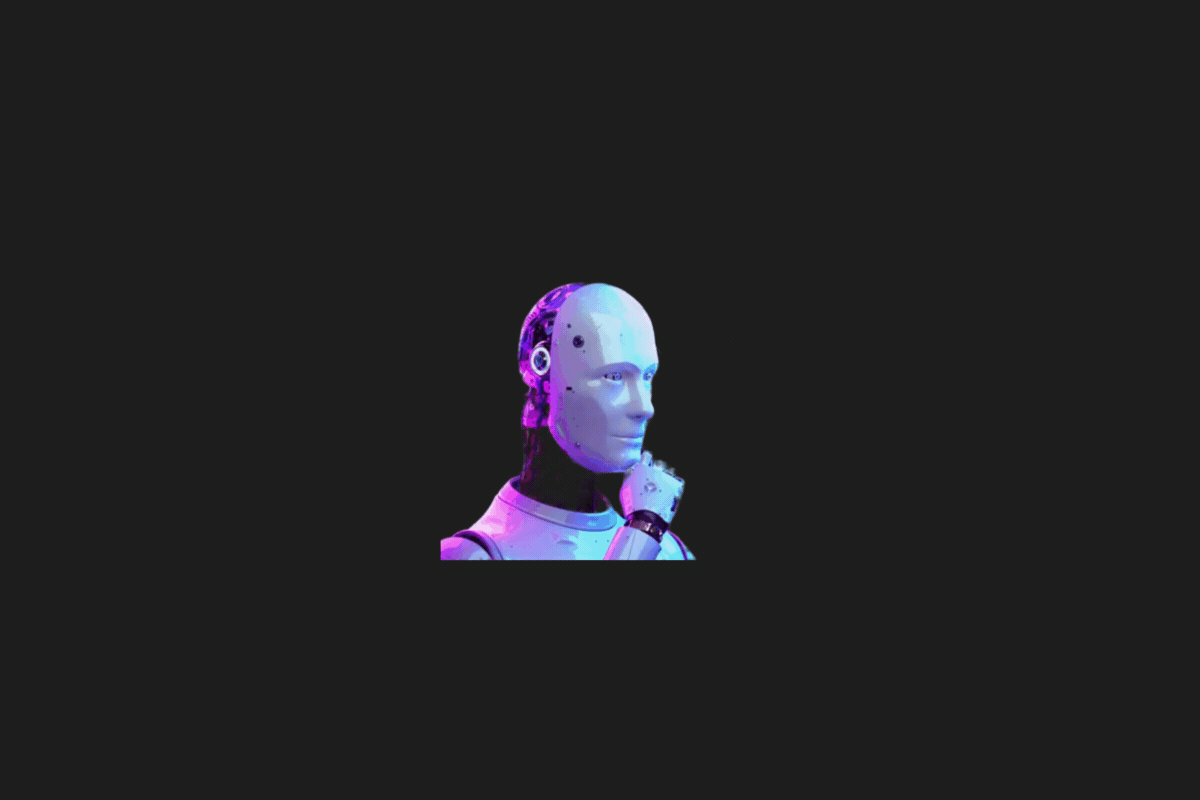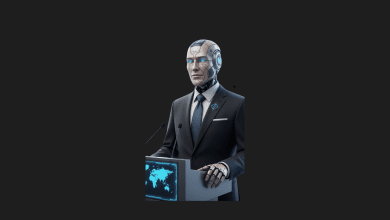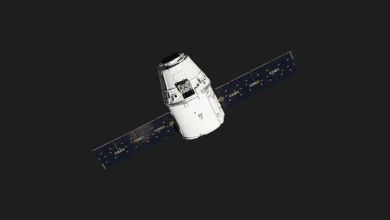Can Artificial Intelligence Surpass Human Intelligence

The question of whether Artificial Intelligence (AI) can surpass human intelligence is a deeply complex and philosophical one, with arguments both for and against it. This topic is often discussed in terms of “Artificial General Intelligence” (AGI) and “Superintelligent AI.”
Types of AI:
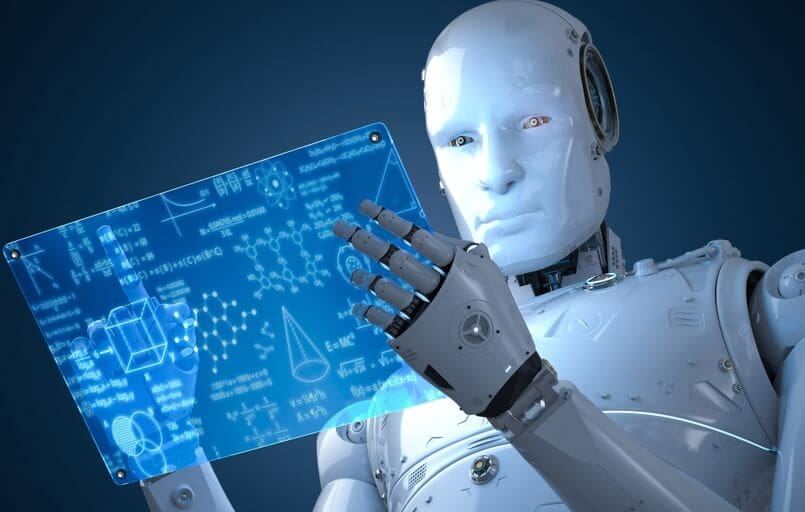
Narrow AI: This is what we mostly have today. These systems excel at specific tasks (e.g., playing a particular game like Go or Chess, recognizing images, or processing large datasets) but are not capable of general reasoning, common-sense understanding, or creativity. They are very domain-specific and don’t “understand” tasks outside their designed scope.
Artificial General Intelligence (AGI): Sometimes called “strong AI,” AGI refers to machines that possess the ability to understand, learn, and perform any intellectual task that a human being can. This would imply an intelligence that can outperform humans at most economically valuable work. AGI doesn’t currently exist, but its hypothetical future emergence is the subject of much debate and concern.
Superintelligent AI: This term refers to an AI that surpasses human intelligence across all fields, from scientific creativity, general wisdom, and social skills. If AGI were achieved, many believe it could quickly lead to superintelligence, as such a system might be able to improve its own algorithms and accelerate its own development.
Arguments in Favor of AI Surpassing Human Intelligence:
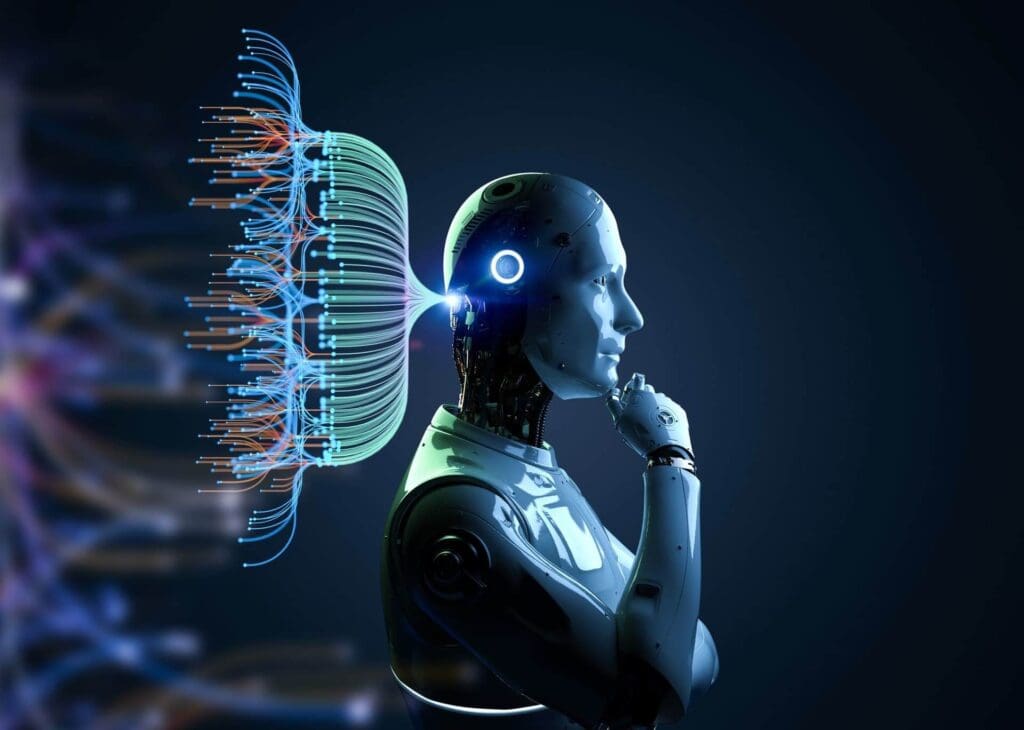
Information Processing: Computers can process information much faster than humans and can store vast amounts of data without forgetting.
Self-improvement: A sufficiently advanced AI could potentially make iterative improvements to its own code, leading to rapid advancements without human intervention.
Lack of Biological Constraints: AI systems aren’t constrained by biological limitations like fatigue or lifespan, allowing for continuous operation and long-term tasks.
Arguments Against AI Surpassing Human Intelligence:

Lack of Common Sense: Current AI models, even the sophisticated ones, often lack basic common-sense reasoning.
No Genuine Creativity: While AI can generate content based on patterns in data, genuine creativity, as humans perceive and value it, remains elusive for machines.
Ethical and Safety Precautions: Concerns about the potential risks of superintelligent AI might lead to global efforts to restrict or guide its development.
Uncertainties:

Timeline: While some experts believe AGI might be achieved in a few decades, others think it might take much longer, and some are skeptical about its feasibility altogether.
Safety Concerns: Renowned figures like Stephen Hawking and Elon Musk have expressed concerns about uncontrolled AI development, emphasizing the need for safety precautions.
Nature of Intelligence: We don’t fully understand human intelligence, consciousness, or the intricacies of our brain. It’s uncertain how or if these elements can be replicated artificially.
In conclusion, while current AI excels in narrow domains, the path to AGI and superintelligence is filled with scientific, ethical, and philosophical challenges. The debate remains open, and precautions are essential to ensure that, if such a transition happens, it is in alignment with human values and safety.






